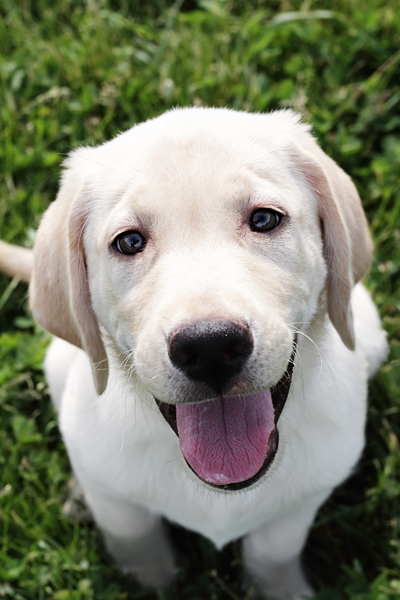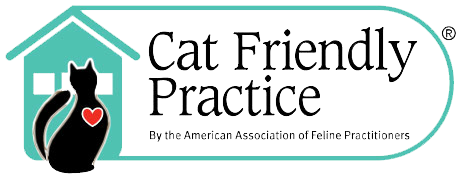- Home Page
- About Us
- Services
- Blog
- Canine Motion Sickness
- Make a Disaster Plan for Your Pets
- Spay Neuter Pet Care 101
- Bringing Your New Dog Home
- Heartworm
- Gotta Get Those Annual Exams
- January is National Train Your Dog Month
- Socialization
- Pet Dental Care
- New Study on Benefits of Rabies Vaccination in Dog
- Halloween Pet Safety - More Boo Less Boo Hoo
- The Best Pet Gift Ever
- Walking Is Healthy for You and Your Pet
- Health Benefits with Pet Ownership
- Canine Parvovirus
- Cold Weather Pet Safety
- First Aid Tips for Pet Owners
- hazards brochure
- Dog Bite Prevention
- Pet Care Resources
- Promotions
- News
- VitusVet
- Hill's to Home
- Request an Appointment
- Contact Us
 |
|
Bethel Animal Hospital
(470)297-5800
www.bethelanimalhospital.net
|
Digital Radiography Radiographs, or X-rays, are one of the most important diagnostic tools in veterinary medicine. They allow us to examine your pet's bones, lungs, heart, abdomen, oral cavity and other areas of the body and are extremely helpful for diagnosing and monitoring many medical and surgical conditions. an X-ray can detect a fractured bone, tumor, or heart problem and locate an obstruction or foreign body in your pet's stomach or intestine.With digital radiography, we are able to diagnose a wide range of medical conditions with greatly increased speed and accuracy. There are many benefits to digital x-rays such as:
Dental Radiography Veterinary intra-oral radiographs are the best way to image a dog or cat's teeth and most areas of the jaw bones. These dental radiographs are the same as what you would have taken when you are at the dentist. The dental film/radiographic sensor is placed in the mouth and then an image can be obtained. Since the film/sensor has to be placed in the mouth the patient must remain very still, intra-oral radiographs for pets must be obtained under general anesthesia. Without dental radiographs a full assessment of the health of your pet's teeth cannot be completed. More than 50 percent of a dog or cat tooth's service area (tooth root) is below the gum line and is therefore not visible to the naked eye. This is where veterinary dental radiographs come in and provide the following information about a pet's dental condition:
As part of a "complete oral exam", full mouth radiographs (FMR) are recommended for most of our patients. Research confirms that the diagnostic yield of important information for FMR is approximately 25%. This means that not only do FMRs provide us a baseline information for future oral health comparison, approximately 25% of the time we will discover important information, for the patient, that is not evident just by looking at the mouth. In-House Laboratory Bethel Animal Hospital offers an in-house, state-of-the-art laboratory which enables us to provide timely diagnostic testing. We can test in-house for intestinal parasites, infections, lyme disease, diabetes, heartworm, feline leukeumia and many additional diseases and conditions that can go unnoticed. We are also able to perform pre-anesthetic blood work which are necessary prior to surgery. If your pet requires any specialized testing, we have a relationship with an independent laboratory that is capable of accurately performing any specialized tests.
|







